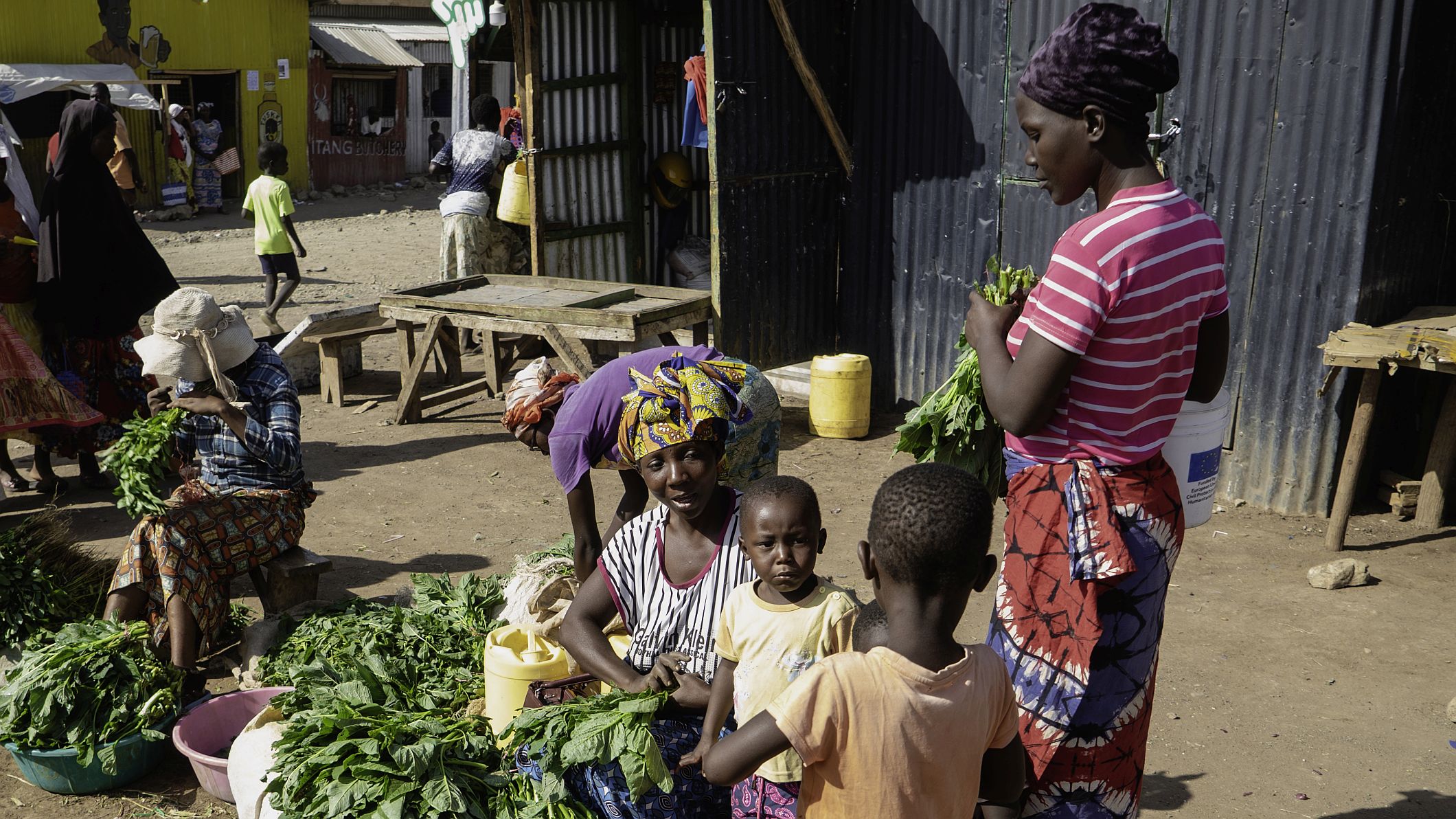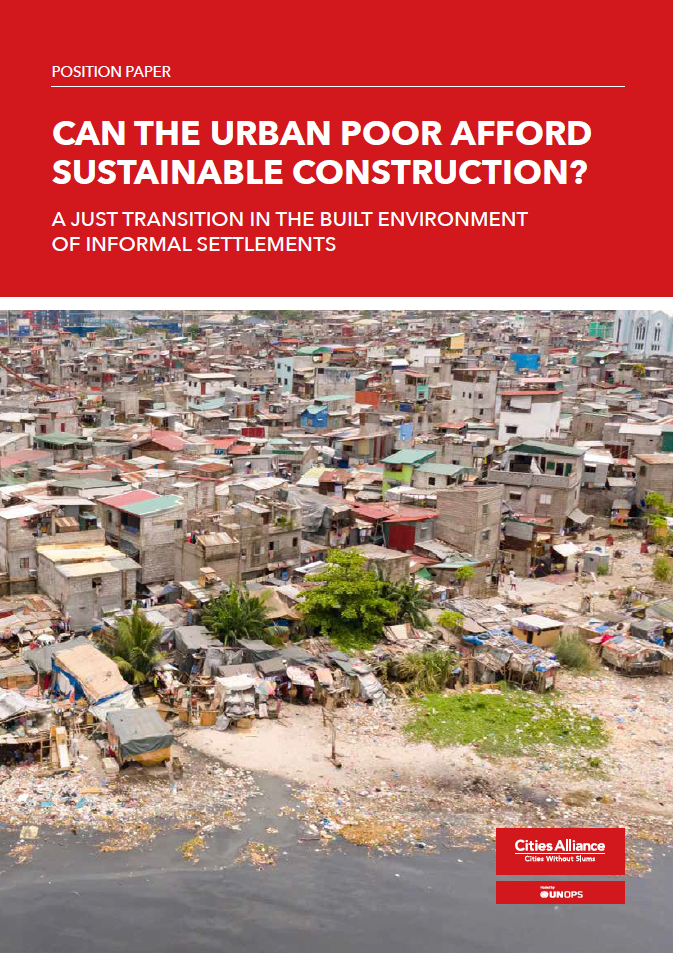- Who We Are
- How We Work
- Regional / Country Initiatives
- Legacy
- Core Themes
- Working Groups
- Portfolio & Results
- Newsroom
- Resources
Caring Systems for Structural Urban Transformation

This policy paper was prepared under the leadership of Cities Alliance, for the UCLG World Congress and Summit of World Leaders 2022.
Caring is a human activity, and at its best is a means of caring for each other and for the planet. However, traditional practices of care focus on providing health, social, or welfare assistance, seeing people as passive recipients, service users or beneficiaries, and patients.
Current systems also fail to acknowledge the contributions – as well as the human and labour rights and entitlements – of those who provide care and promote their well-being and protection. These practices replicate, rather than repair, existing patterns of inequality and exclusion, further limiting people’s ability to care for themselves, others, and the planet.
Within the framework of the UCLG World Congress 2022, Cities Alliance led a process to collectively develop a policy paper on Caring Systems with Public Services International, IFLA, the Civil Society Action Committee, and UHC2030 as partner organizations. The paper aims to offer local and regional governments key elements to consider when designing social, political, economic, or environmental urban interventions that support the creation or improvement of caring systems, societies, and communities based on equality, inclusion, and human and workers’ rights.
This paper advocates for a renewed understanding of ‘care,’ one that drives social and structural transformation and helps repair historical wrongs.
It views care as holistic and rights-based, contributing to human empowerment, addressing the needs of all, and supported by public systems and infrastructure that are adequately funded and responsibly regulated.

Effectively adopting this approach implies considering all people as rights-holders and active decision-makers who should be enabled to make their own choices in terms of receiving assistance and support or caring for others, regardless of their age, gender or gender identity, race, ethnic or religious group, migration or economic status, disability, or health condition.
Inclusive caring systems should thus incorporate increased universal access to a wider range of public services, infrastructure, and policies that need to be supported and protected by public institutions. These systems should also enable people to live autonomous, independent lives to the greatest extent possible and help them fulfil their potential when they would otherwise be held back.
For caring systems to be effective, a new social contract is required that involves both public-public and people-public collaboration and is based on respect for human and workers’ rights, solidarity, and the environment.
The paper makes five policy recommendations for local and regional governments:
- Prioritise the informal and most marginalised;
- Foster development from the bottom up and support collaborative approaches;
- Invest in accessible technology advances to allow people to access essential services;
- Care for people and the environment promoting a just transition; and
- Ensure that public services are publicly funded, delivered, and regulated by public institutions that work on a public good approach.
The Pact for the Future
The 2022 World Summit of Local and Regional Leaders and UCLG Congress defines the priorities for the international municipal movement through the adoption of the Pact for the Future, a pluriennial strategy that contributes to the United Nations Common Agenda and the Summit of the Future. Within this framework, four Town Halls have been set up allowing different international stakeholders to collaborate in the definition of policy priorities and the localization of global agendas.
The 2022 Town Halls focused on four key topics:
- Global Commons: redefining public services and the notion of what is public and what should be considered as part of the commons.
- Trust and Government: defining how we will regain trust in the public sector and redefine our institutions.
- Caring Systems: understanding what we need to renew our social contract to put care at the centre of our cities and territories.
- Climate and Culture: to guarantee that our planet and future generations are protected through culture as the backbone of our societies and as our motor for sustainable development.


